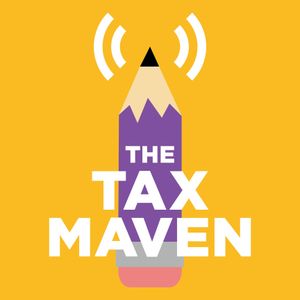
The Tax Maven
[email protected] (Marc Fleurbaey, Steven Dean)
If You Can't Measure It, How Can You Improve It? (Marc Fleurbaey)

If You Can't Measure It, How Can You Improve It? (Marc Fleurbaey)
Description
Marc Fleurbaey is the Research Director of the National Center for Scientific Research at the Paris School of Economics. He is the author of Fairness, Responsibility, and Welfare (2008), a co-author of Beyond GDP (with Didier Blanchet, 2013), A Theory of Fairness and Social Welfare (with François Maniquet, 2011), and the coeditor of several books, including Justice, Political Liberalism, and Utilitarianism: Themes from Harsanyi and Rawls (with Maurice Salles and John Weymark, 2008) and the Oxford Handbook of Well-Being and Public Policy (with Matthew Adler, 2016). His research on normative and public economics and theories of distributive justice has focused in particular on the analysis of equality of opportunity, risk, redistributive taxation, climate policy, and on seeking solutions to famous impossibilities of social choice theory.
Our student quote is read by Rita Halabi.
Resources
- Marc Fleurbaey’s bio and website
- Daniel Shaviro’s blog post about Pratt’s recent visit to the NYU Tax Policy Colloquium
- Do You Believe in Democracy or in Equality — or Both?
- Beyond GDP: The Quest for a Measure of Social Welfare
- To learn more about Zarin, read Daniel Shaviro, “The Man Who Lost Too Much: Zarin v. Commissioner and the Measurement of Taxable Consumption”, 45 Tax L. Rev. 215 (1990)
- The student quote comes from Peracchi v. Commissioner, 143 F.3d 487 (9th Cir. 1998).